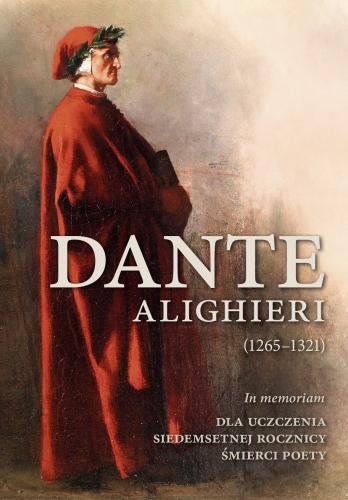Tożsamość i misja św. Bernarda z Clairvaux w Boskiej komedii Dantego Alighieri
Über dieses Buch
The principal problem of this paper is identity of Saint Berrnard of Clairvaux presented in the Dante’s „Paradiso”: O. It was object of research of some scholars. We can mention Erich Auerbach, Klemens Morawski, Jacek Grzybowski, Wojciech Paluchowski, Steven Botterill. In general this scholars consider Bernard in the Dante’s world as guide and mentor of the poet wandering through the celestial spheres. In order to recognize the role of Bernard it is necessary to review the concept of universe. The Dante’s cosmos is the structure of nine concentrique spheres — plantar spheres (Moon Mercure, Venus, Sun, Mars, Jupiter, Saturn), high spheres (The Sky of Stars, The Crystal Sky and Empireum). This cosmological structure is the basis of the structure and hierarchy of arts and sciences: (Moon — Grammar, Mercure — Dialectics, Venus — Rhetoric, Sun — Arithmetic, Mars — Music, Jupiter — Geometry, Saturn- Astrology, the Sky of Stars — Physics and Metaphysics, the Crystal Sky — Ethics, Empireum — Theology). The structure of Cosmos and the structure of sciences determine the journey of Dante an Beatrice, where they meet the protagonists, who allegorize the Christian ideals ( harmed — activists — convertites — scholars — martyrs — contemplators) However the higher spheres reveals the another protagonist — apostles Peter, James and John, who require the profession of three virtues, angels, and Virgin Mary. In Empireum Bernard appears, when Beatrice disappears and Bernard takes the role of guide and teacher for Dante. However this is totally different teaching, because Bernard, who have got the direct and intuitive vision of the divine reality, teaches Dante to view and observe God self by his own eyes. Bernard introduces his pupil to the relationship with God, however it is gradual introduction, leading through the some stages. The first stage is the contact with saints. The second stage is vision of Mary Mother of God. Dante observes her and sings with his master the extensive and brilliant anthem to her honor. The third is the experience of supernatural divine light. Dante l earns to see divine reality directly, intuitively and clearly. The ultimate experience of poet in Paradiso is the love, which transpierces his soul. The vision of Dante could be juxtaposed to the concept of contemplation from the De consideratione of Saint Bernard. Some aspects of Dante’s vision of God are common with the concept of unity with God of the fourths stage of love in the De diligendo deo of Bernard of Clairvaux, but only some elements of total unity in Paradiso are identified in this work. The concept of contemplation in the De consideratione, which is rational reflection on God, don’t correspond with the view of God in Empireum. Despite some controversies we can’t call Bernard orator and preacher, because he didn’t use speeches in his teaching. Hi isn’t also contemplative, because, contemplation takes place in the terrestrial live. Bernard in Empireum don’t contemplates God, but lives still in clear vision.



